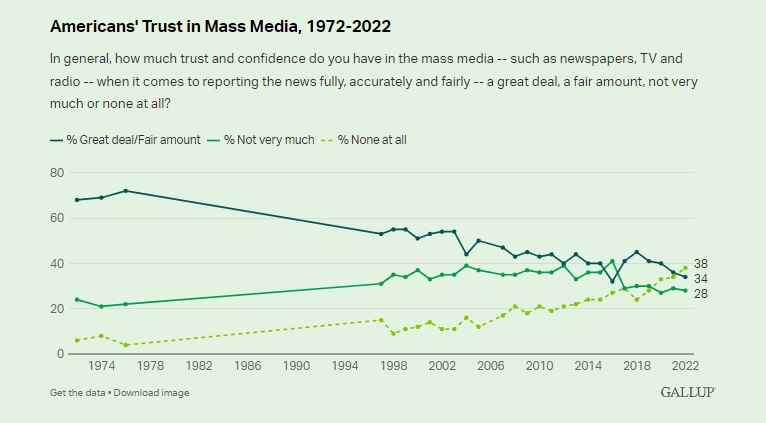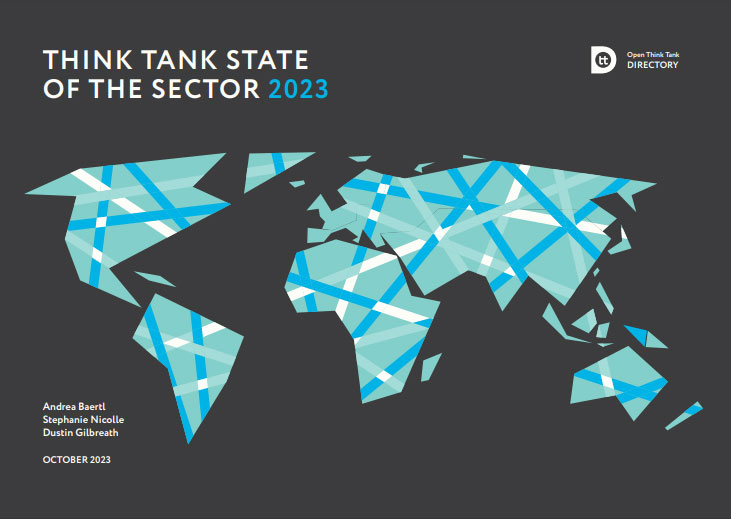Think Tanks and the Press Crisis


Stephen Kanitz
The number of people who rely on the media to stay informed has dropped from 80% to 36%, according to Gallup.
This constitutes an enormous opportunity and responsibility for Think Tanks and their researchers.

Think Tanks have a code of conduct that favorably replaces current failings in journalism:
- The texts are written by a team and not by a single journalist.
- The conclusions go through a peer review process.
- Opinions are based on evidence.
- The texts usually disclose the links to the sources.
- Think Tanks are known for being non-partisan.
- Think Tanks look to the future, journalists look to yesterday.
- Journalists have 1,000 events to report on, and editors can’t curate them well. Think Tanks focus on essential problems.
We have created a free weekly newsletter where our readers are informed of surveys “coming out of the oven”, as well as news and events from our Think Tanks and our goal is to reach 200,000 subscribers.
Your research will be summarized by journalists in a less academic way, and a link to the full research will be posted.
At the next board meeting, discuss this possibility for your Think Tank to create a newsletter for the general public.
Disseminate research in less academic language.
This will help us to have the visibility that we believe is necessary for the Brazilian Think Tanks sector.
Stephen Kanitz




